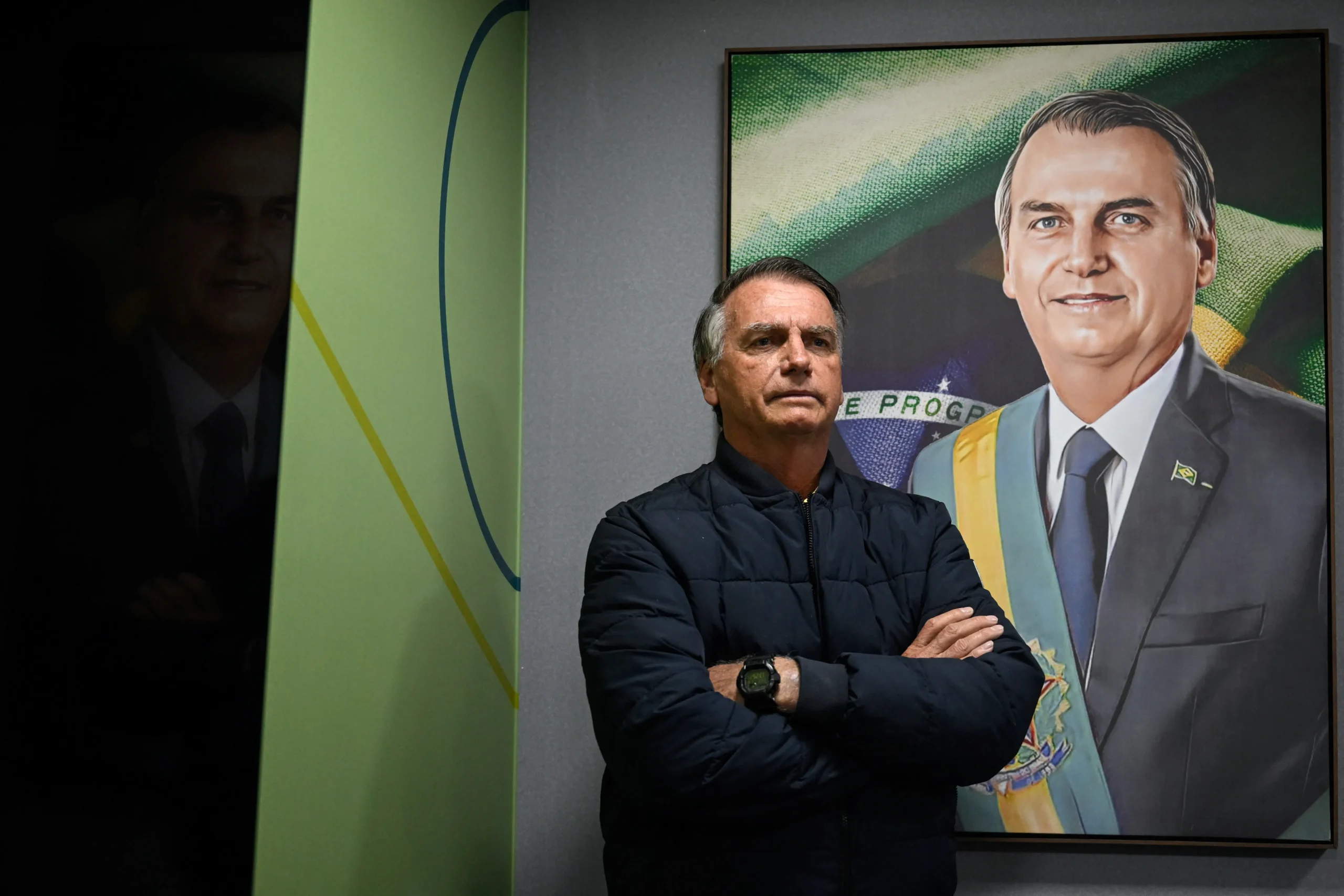
The United States has announced visa restrictions for Brazilian judicial officials and their families following escalating tensions over former President Jair Bolsonaro’s legal cases.
Secretary of State Marco Rubio announced the measures Friday, accusing Brazilian Supreme Federal Court Justice Alexandre de Moraes of orchestrating a “political witch-hunt” against Bolsonaro. Rubio claimed Moraes created a “persecution and censorship complex” that “violates basic rights of Brazilians” and “extends beyond Brazil’s shores to target Americans.”
“I have therefore ordered visa revocations for Moraes and his allies on the court, as well as their immediate family members, effective immediately,” Rubio stated, without specifying who would be affected.
Brazilian newspaper O Globo reported that seven additional Supreme Court justices had their visas revoked, potentially leaving only Bolsonaro-appointed justices Andre Mendonca and Nunes Marques, plus Judge Luiz Fux, unaffected.
The visa restrictions follow Brazil’s Supreme Court issuing search warrants and restraining orders against Bolsonaro Friday, prohibiting him from contacting foreign officials. Moraes accused the former president of undermining Brazil’s sovereignty by encouraging interference from “the head of state of a foreign nation” in its courts.
Bolsonaro faces coup charges related to allegations he attempted to overturn President Luiz Inacio Lula da Silva’s 2023 election victory. The coup charges carry a 12-year sentence, with potential decades in prison if convicted on additional counts.
The court orders ban Bolsonaro from contacting foreign officials, using social media, or approaching embassies. He is also prohibited from contacting key allies, including his son Eduardo Bolsonaro, a Brazilian congressman seeking Washington support for his father.
Federal police raided Bolsonaro’s home and headquarters, with authorities ordering him to wear an ankle monitor after Moraes ruled there was a “concrete possibility” he might flee the country.
Bolsonaro Responds
Speaking at his party’s headquarters Friday, Bolsonaro called Moraes a “dictator” and described the court orders as “cowardice.” Regarding the ankle monitor, he said: “I feel supreme humiliation. I am 70 years old. I was president of the republic for four years.”
A five-judge Supreme Court panel later reviewed and upheld Moraes’s decision.
Bolsonaro suggested the court orders were prompted by Trump’s criticism of his trial, indicating Washington’s interventions might be counterproductive. While denying plans to leave Brazil, he expressed willingness to meet Trump if his passport, seized by police last year, was returned.
White House spokesperson Anna Kelly said Bolsonaro and his supporters are “under attack from a weaponised court system.”
International Implications
Trump has maintained ties with Bolsonaro, known as the “Trump of the Tropics,” since his first presidency. Thursday, Trump shared a letter on Truth Social expressing sympathy for Bolsonaro’s “terrible treatment” by an “unjust system.”
Earlier this month, Trump threatened a 50 percent tariff on Brazilian goods starting August 1, demanding Lula’s government drop charges against Bolsonaro. Lula promised reciprocal measures under Brazil’s Law of Economic Reciprocity.
Moraes characterized Trump’s tariff threats as attempts to interfere in Brazil’s judicial system by creating economic crisis. The proposed tariffs would impact key Brazilian sectors including coffee, cattle ranching, and aviation, while potentially strengthening public support for Lula’s government.
The diplomatic standoff represents a significant escalation in tensions between the two largest democracies in the Americas, with both sides accusing the other of inappropriate interference in domestic affairs.


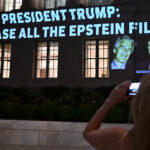
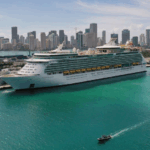




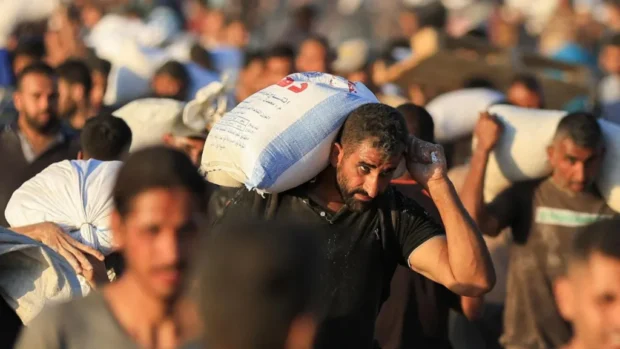
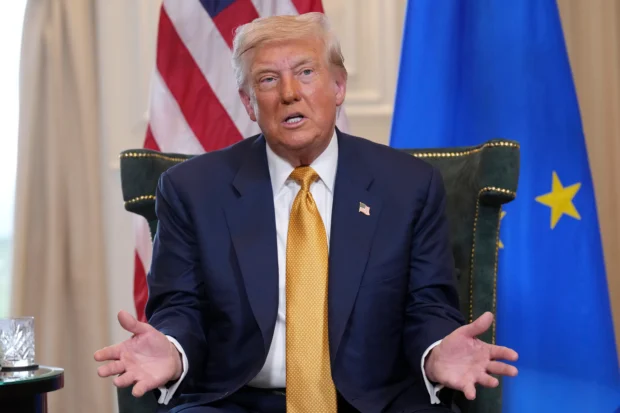
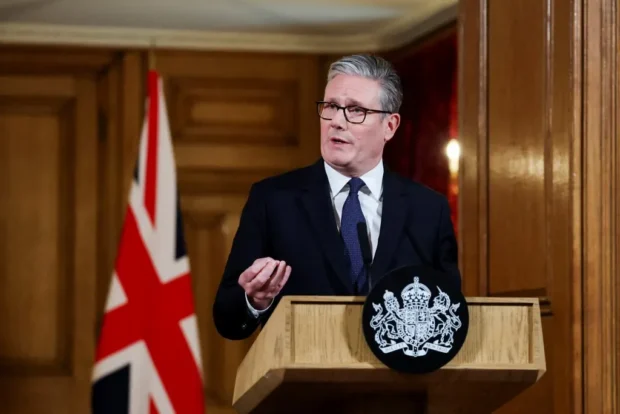
Be the first to leave a comment